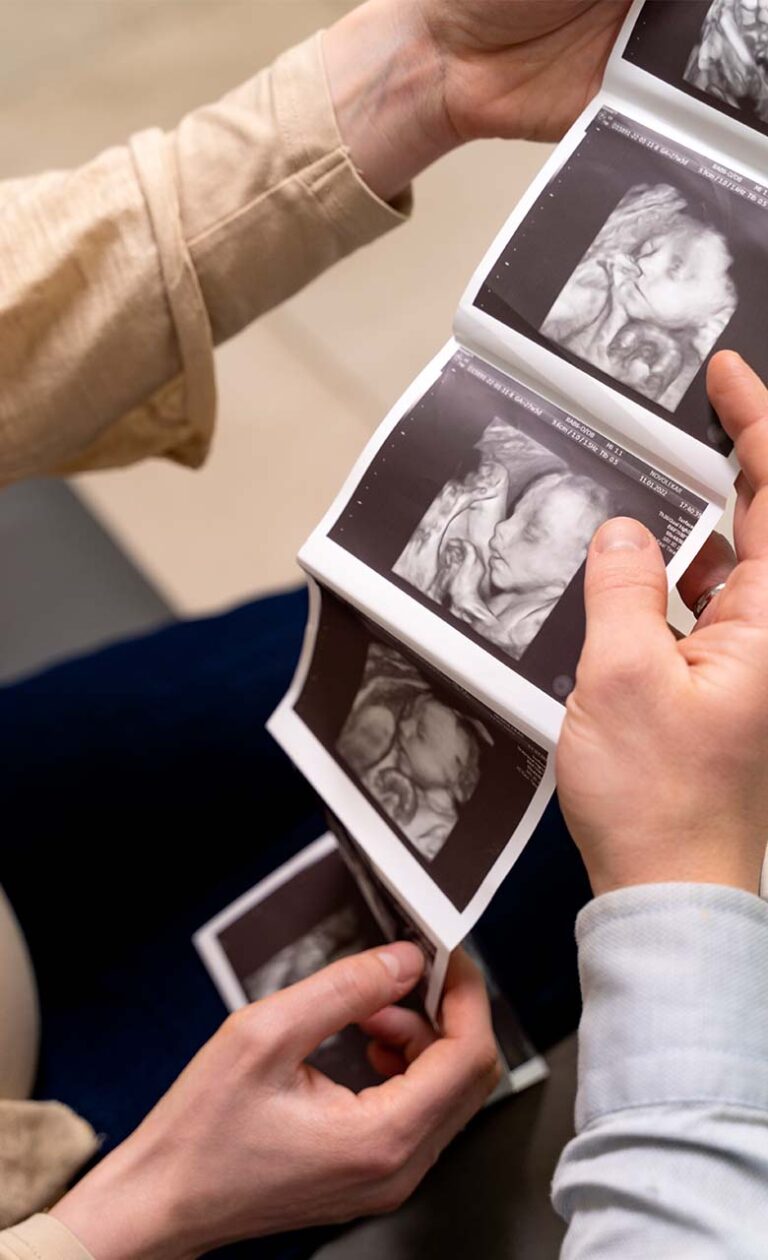Did your doctor ask for a biophysical profile test during pregnancy? Don’t worry, it is a non-invasive test to check on the baby and rule out complications.

Hi! I’m Dr. Prajakta J. Deshmukh, your gynaecologist and obstetrician.
I am Dr. Prajakta J. Deshmukh, an Obstetrician and Gynaecologist with an MBBS and DGO. I am passionate about providing compassionate care and believe in open communication with my patients. I prioritize patient counselling, discussing treatment options, and educating my patients about their health. I am committed to delivering evidence-based care that adheres to international guidelines.
With over 10 years of experience, I specialize in infertility and obstetrics. I currently practice at Cloud 9 Hospital in Pune.




About Our Clinic
At our clinic, we are committed to providing comprehensive and compassionate care for women at every stage of life. We offer a wide range of gynecological and obstetric services, from routine check-ups and preventive care to specialized treatments and personalized support. Our clinic is equipped with modern facilities and a comfortable, welcoming environment designed to put you at ease.
We believe in a patient-centered approach, where your health, comfort, and confidentiality are our top priorities. Our experienced team is here to listen, support, and guide you through all aspects of your health journey. Whether you’re planning a family, managing a condition, or seeking routine care, we are dedicated to providing expert care tailored to your unique needs.
Your well-being is our priority, and we are here to support you every step of the way.




Read the Blog
Our blog offers helpful insights, expert advice, and informative articles on women’s health and wellness.
Anomaly scans are crucial for screening for
possible birth defects and other serious conditions. It is one of the most important scans during pregnancy.

Frequently asked questions
When can I take a pregnancy test?
When can I take a pregnancy test?
Home pregnancy tests can be used before a missed period; however, they are most accurate on the first day after a missed period. For those with irregular periods, it’s recommended to wait approximately three weeks after unprotected sex for the most reliable result.
Can I keep drinking coffee during pregnancy?
Research has explored whether caffeine consumption increases the risk of miscarriage or preterm birth, but the findings remain inconclusive. Most experts agree that drinking about one cup of coffee daily—equivalent to 12 ounces (200 milligrams) of caffeine—is safe. When calculating your total caffeine intake, be sure to consider other sources such as tea, chocolate, soft drinks, and more.
How much kicking should I feel? When should I be concerned?
I discuss this frequently with my patients, as I understand new moms often feel concerned. Most first-time mothers won’t feel any movement (kicking) until around the fifth month of pregnancy. In a second pregnancy, movement is usually felt earlier because you’re more familiar with the sensation.
Are there activities I should avoid in the first trimester of pregnancy?
Very few activities are off-limits. Scuba diving, water-skiing, and skydiving are not allowed due to the risk of serious injury or even death. Otherwise, nearly all exercises—such as jogging, stair-climbing, swimming, NordicTrack, Power/Health Riders, and even sex—are generally safe. None of these activities are linked to an increased risk of miscarriage in a healthy pregnancy.
I feel so tired. How can I help myself feel better?
Feeling fatigued is normal, especially during the first and early second trimesters. Hormonal changes in pregnancy significantly increase cardiac output, likely contributing to this exhaustion. By 10 to 12 weeks, your heart may be pumping an additional liter of blood per minute. This, combined with the high energy demands of uterine muscle growth, can leave you feeling very tired!


